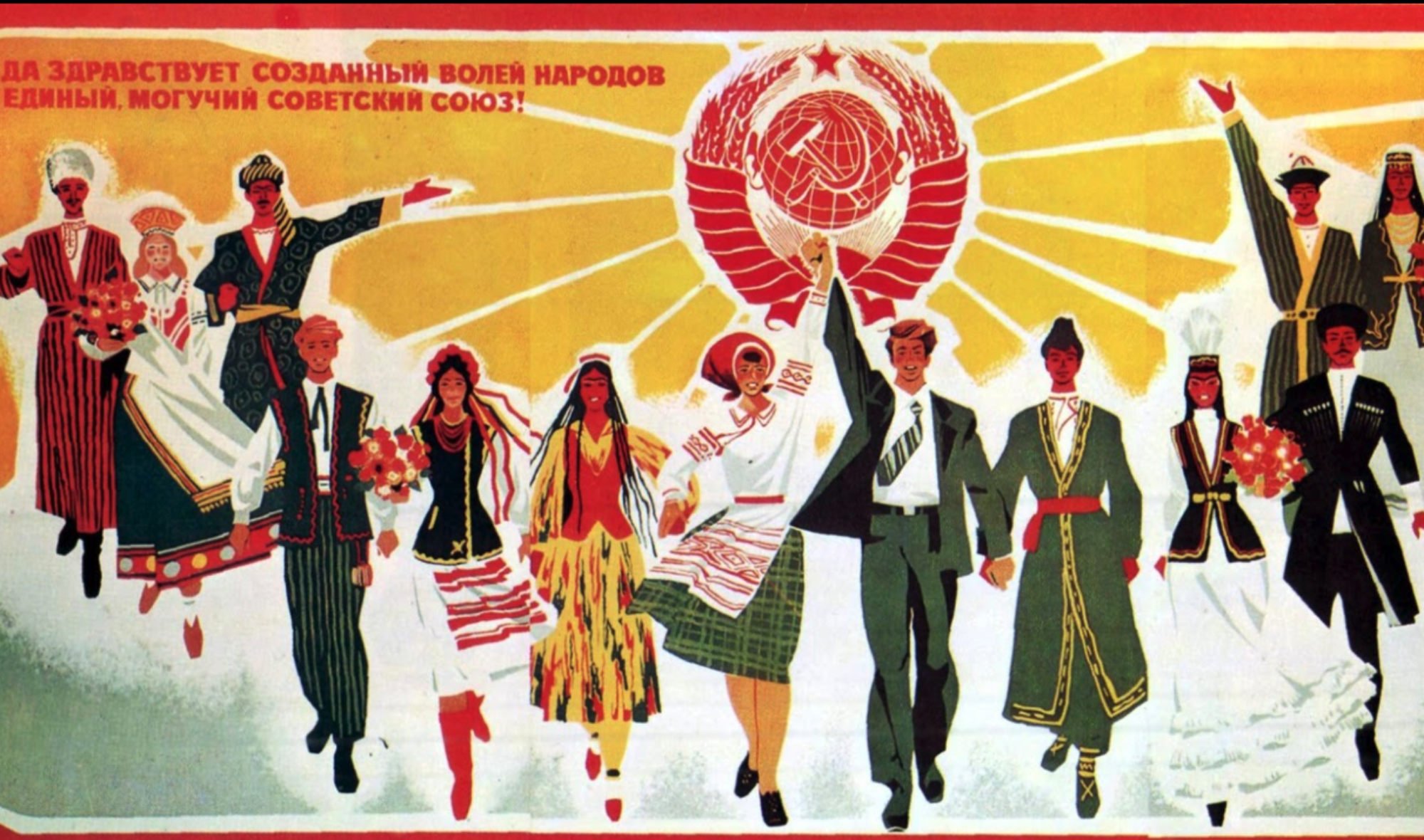“Immediately following the first performance, Moscow papers praised the ‘progress’ of Kazak national art. Platon Kerzhentsev, who oversaw the events, declared: ‘Kazak musical theatre has only been around for three years, but its performance shown in Moscow reflects that it may be boldly compared with the performances of the other nationalities of the Soviet Union “(Rouland 192).
Last week we spent a considerable amount of class talking about the Soviet musical culture policies and their potentiality for colonial style oppression and interference. I was toeing the line a bit; now I am fully in the camp of this as a revamped colonial policy. I feel that above quote is case-an-point. What are your thoughts? Is anyone still thinking this policy is a net good?


I agree with you Sydney. The policy the Soviet Union upholds when it comes to art in any form seems to be immensely fixated on “progress”, in this case “progress” being equal to Westernization. The quote you pointed us to I believe does a great job of showing us why this is so detrimental to art of other nations within the Soviet Union. As, stating “‘Kazak musical theatre has only been around for three years […]'” (Rouland 192). That is only true in the sense that Westernized Kazak musical theatre has only been around for that time. But, we live in a vast world and there are many ways to do art, and the Soviet Union by trying to police art is suffocating it.